Aldhelm Riddle 42: Strutio
ALEXANDRAREIDER
Date: Tue 15 Mar 2022Grandia membra mihi plumescunt corpore denso;
Par color accipitri, sed dispar causa volandi,
Summa dum exiguis non trano per aethera pennis,
Sed potius pedibus spatior per squalida rura
Ovorum teretes praebens ad pocula testas;
Africa Poenorum me fertur gignere tellus.
The large limbs on my compact body grow feathers.
I am like the hawk in colour, but unlike in the matter of flying
Because I do not travel through the upper air on small wings.
Rather, I walk on my feet through dirty countryside,
Supplying the polished shells of my eggs as cups.
The country said to produce me is Phoenician Africa.
Notes:
This edition is based on Rudolf Ehwald, ed. Aldhelmi Opera Omnia. Monumenta Germaniae Historica, Auctores Antiquissimi, 15. Berlin: Weidmann, 1919, pages 59-150. Available online here.
Tags: riddles latin Aldhelm
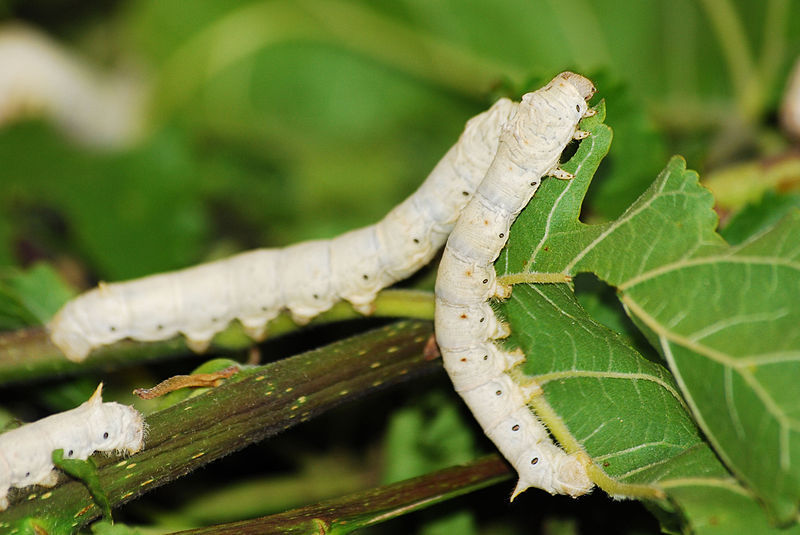
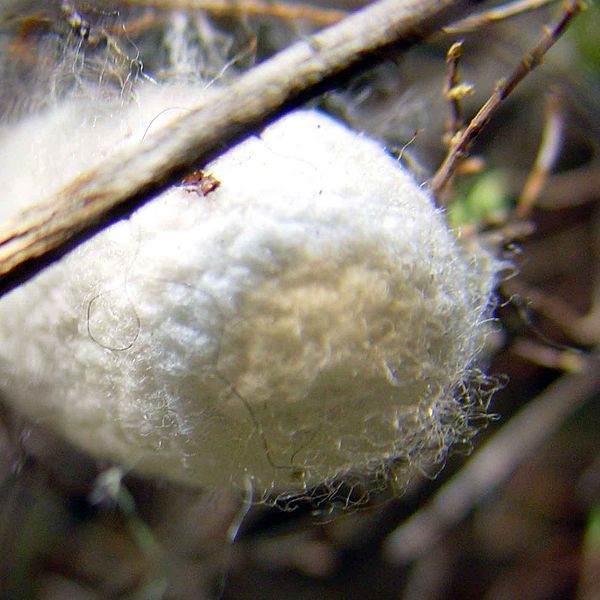
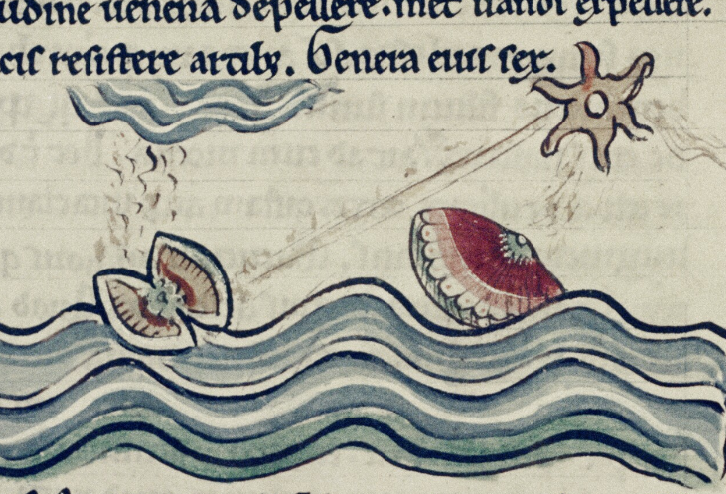
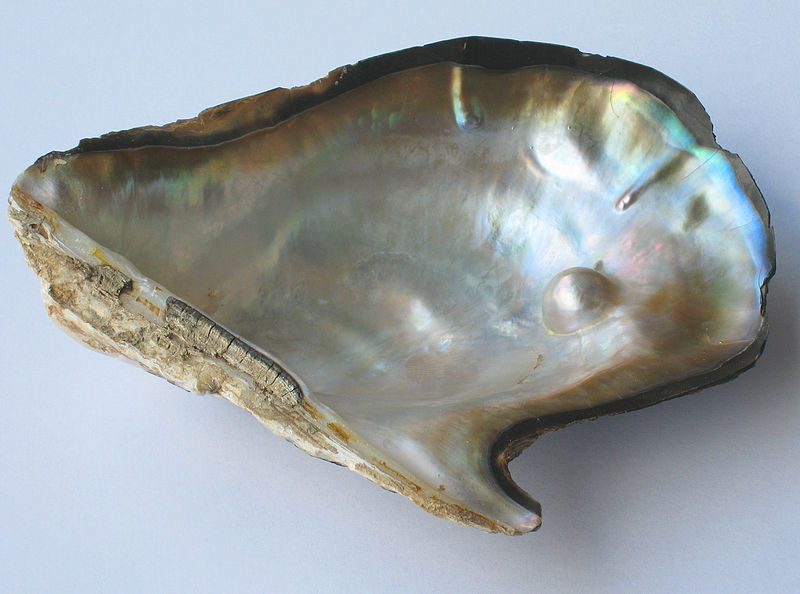

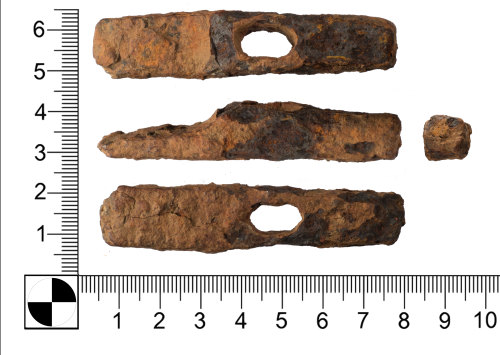
Commentary for Bern Riddle 42: De glacie
NEVILLEMOGFORD
Date: Mon 01 Mar 2021Matching Riddle: Bern Riddle 42: De glacie
I like to think that the Bern Riddles are twice as ice as other riddle collections—because they have not one, but two riddles about the frozen stuff! (That is, if Riddle 38 is actually about ice at all!)
Our riddle starts off by employing the softness/hardness trope that found in so many of the Bern Riddles, from the sexy pottery in Riddle 1 all the way to the chaste rose in Riddle 53. I am not sure exactly how to explain the “many” (multos) in line 2, but the idea of a thing that cannot be hardened and “makes many soft” sounds like a kind of sexual inuendo-in-reverse. The Early Middle Ages are often depicted in popular culture as a time of solemn religiosity and stern authority, but playful texts like these remind us that they had a lighter (and sexier) side too. I really do think that parts of these riddles are an early medieval version of “that’s what she said.”
Line 3 combines two common riddle tropes (“solving” and kissing) in a single line. The intention is to connect the act of reading riddles with the melting of ice—just as learned readers rejoice when a riddle has been “solved” (soluta), so the ice is “praised with dear kisses” when it has “dissolved” (soluta) into water. The “kisses” (oscula) are the human mouths that drink the water, presumably from Riddle 6’s cup (which also describes drinking as kissing). Line 4 then employs two more common riddling tropes, binding and touching, to describe how the ice can be unpleasantly cold to touch.
Lines 5 and 6 are very curious, and I am not entirely sure what they mean. They probably refer to the transition between states of liquidity and solidity, and the “stern creator” (rigidus auctor) could be describing the winter’s cold. However, the references to “beautiful” (pulchra) and “ugly” (turpis) forms are more cryptic. Ice can be terrifyingly ugly for travellers climbing through mountain passes or sailors steering through icebergs. It can also be beautiful in the way that it shimmers and reflects light. Likewise, water can be terrifyingly ugly during a sea storm or a flash flood, and it can be beautiful in its tranquillity. Incidentally, the beautiful/ugly motif also appears in one of my favourite riddles, No. 61, where it describes the stars in a similarly cryptic way.
For me at least, this riddle is a very cool mix of the familiar and the strange. It uses a patchwork of common tropes and motifs, but its workings are quite obscure at times. And that is exactly what you would expect from such a slippery riddle!
References and Suggested Reading:
Winterfeld, Paul. “Observationes criticalae.” Philologus vol. 53 (1899). Pages 289-95.
Tags: latin Bern Riddles
Related Posts:
Bern Riddle 39: De hedera
Bern Riddle 61: De umbra